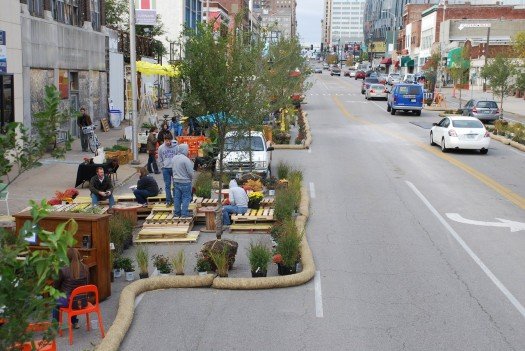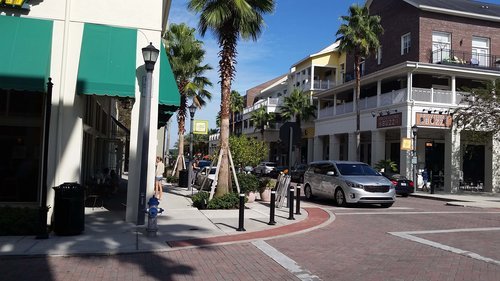Great article. follow this up with the even better podcast with a fine group of folks and CNU.
https://www.cnu.org/publicsquare/placemaking-vs-placeshaking
Placemaking#nullifyFirst and foremost, placemaking is about making places so, by default, it favors certain roles and disciplines: planners, urban designers, code writers, economists, municipal leaders, architects, engineers, artists, engaged citizens, developers, and the construction trades.
Placeshaking
More often than not, political will doesn’t just exist. It emerges. It morphs and grows through some amorphous combination of shoe leather, influence, and persistence. And that means placemaking doesn’t just happen. In political terms, placemaking represents the ends, not the means. It’s the tangible payoff to seemingly endless political skirmishes.
And the way to get there? Placeshaking.
Think locally and act locally.
[amazon_link asins='1478319275,B00F3YW420,1979930139,1533018553,B00504Z7B8' template='ProductCarousel' store='flbikeped-20' marketplace='US' link_id='3a48cb76-913a-11e8-b4e7-dd615668a39a']

https://www.strongtowns.org/journal/2018/7/12/from-vision-to-policy-making-new-urbanism-work
- How do you go about engaging with communities around a vision, so that when you get to the stage of implementing policy, you’re confident that you’ve got the vision right?
- Are we doing visioning well when it comes to New Urbanist ideas, and getting the communities we work in on board with those ideas?
- How do you get a more representative cross-section of the community engaged in the planning process?
- How is public engagement different in affluent communities versus those facing more socioeconomic challenges?
- What are the cues, when you walk in the door, that tell you whether a place is going to be receptive to change?
- How do you deal with local staff that have limited capacity or interest in working with you?
- How do you overcome an internal roadblock, when your proposal gets to that one person in the bureaucracy who can derail it?
- How do you start the conversation with elected officials who aren’t receptive to your ideas?
- How do you deal with things that are outside the scope of what you can solve?
- Zoning has come in for a lot of criticism lately from multiple corners of society. How can zoning be a tool for constructive change?
- Why is the change from a use-based code to a form-based code such a dramatic shift?
- What are the highest priority changes you urge client communities to implement?
- Do you prefer to do full citywide code rewrites, or improve a city’s zoning code through more incremental steps?
- How do you deal with the backlash to a policy that has been too successful and resulted in changes that spur community opposition?
- How would you respond to the critique that you can’t legislate quality development or architecture?
- How is capacity building part of what you do, beyond a normal consultant relationship?
- What do you do to share the lessons you’ve learned?


[amazon_link asins='0071806075,067974195X,0679644334,0865477728,0143128973,0865477507,0374534888,0062196324' template='ProductCarousel' store='flbikeped-20' marketplace='US' link_id='16fb18b3-913c-11e8-9d7a-4142c2199753']
Posted from my blog with SteemPress : https://flbikeped.com/2018/07/27/in-depth-article-on-placemaking-ignore-potus-and-focus-locally/